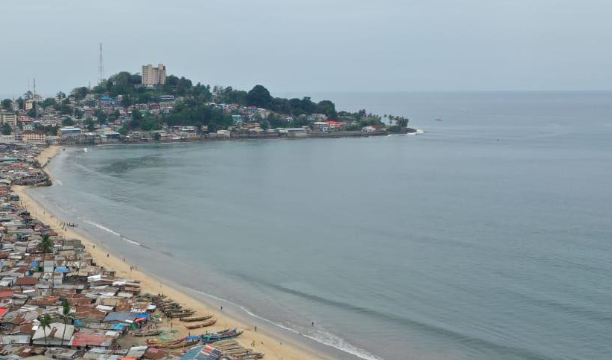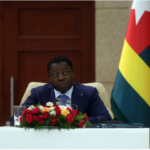Monrovia, Liberia – A growing chorus of voices in Liberia is urging the government to enact sweeping changes to its tax and immigration policies to stimulate economic growth. The proposals center around reducing corporate tax rates and import-export levies, as well as granting permanent residency to qualifying foreign nationals, particularly investors, businesspeople, and exceptional skilled workers in science, technology, engineering and math to serve primarily as university professors, vocational schools and training programs instructors and secondary and elementary schools’ teachers.
The push for permanent residency (PR) is driven by the understanding that it offers significant benefits to both the individual and the host country. Unlike work visas that are tied to specific employers and require frequent renewals, PR grants foreign nationals the right to live, work, study, and settle in Liberia indefinitely, providing stability and long-term opportunities.
“These outdated immigration policies hamper socio-economic development and economic growth nationwide,” argues Jones N. Williams, a Liberian public policy professional at the forefront of the drive. He emphasizes that foreign businesspeople are hesitant to invest significantly in Liberia due to the current immigration climate.
Williams points out that Liberia, with its 5.5 million population and 43,000 square miles territory, has ample capacity to accommodate an additional 5 million people, significantly boosting the country’s purchasing power. He stresses the need for a well-defined criterion for granting PR status to ensure qualified candidates such as legitimate investors, credible businesspeople, doctors, scientists and educators are selected. In addition, children born to foreigners in Liberia, irrespective of race, should also be eligible for permanent residency status if they wish to have it. All these are possible if we have a credible and well-controlled immigration system and strategic policies that leave no one behind in the country.

The proposal has garnered support from a diverse range of Liberians who recognize the limitations placed on citizenship and the potential benefits of attracting skilled workers for academic support and investment. They believe that easing draconian immigration and tax policies is crucial for developing Liberia and improving the conditions of communities.
Beyond immigration reforms, the call for reduced corporate tax and import levies aims to revitalize Liberia’s struggling economy. Lowering these burdens, including the high import-export fees currently levied at ports, is seen as a key step towards stimulating economic activity.
Proponents highlight that all of Liberia’s neighboring West African countries, including Ivory Coast, Guinea, Sierra Leone, and Nigeria, currently grant citizenship and/or permanent residency to foreign nationals, with Liberia being a notable exception.
The argument for these policy changes is rooted in economic data that suggests skilled and investment-based immigration leads to innovation, a more educated workforce, greater occupational specialization, better matching of skills with jobs, and higher overall economic productivity. Furthermore, studies indicate that immigration has a net positive effect on national budgets, purchasing power, and investment decisions.
As the debate intensifies, it remains to be seen whether the Liberian government will heed the calls for these significant policy changes, potentially unlocking a new era of economic growth and prosperity for the nation.









